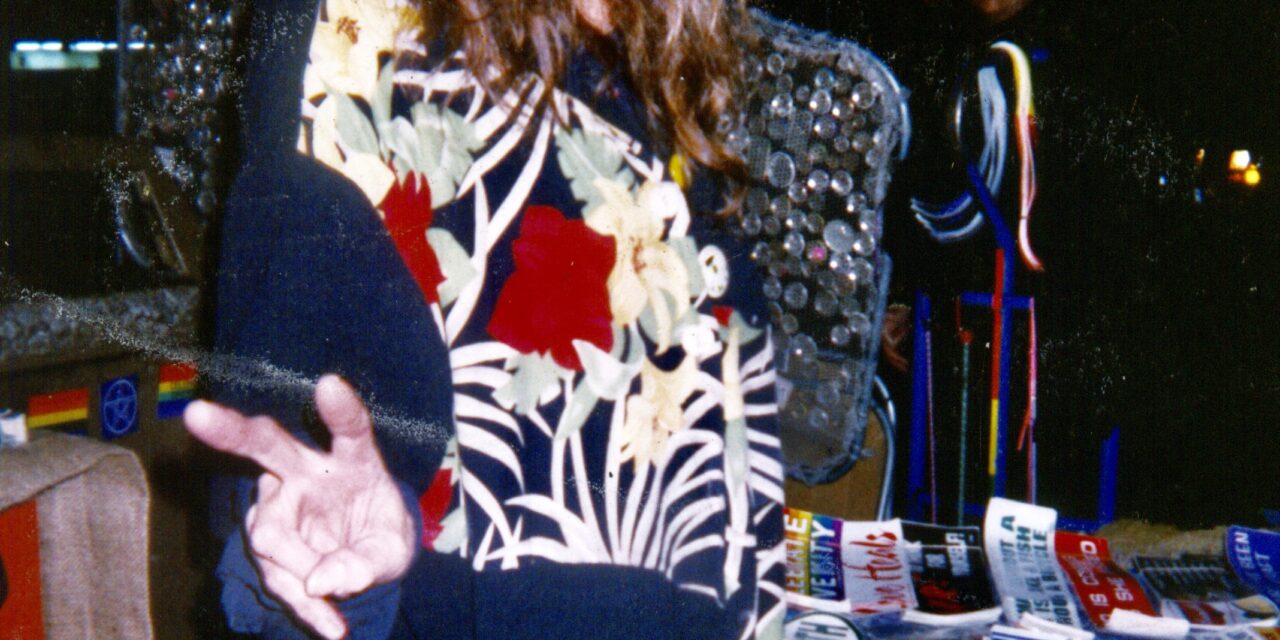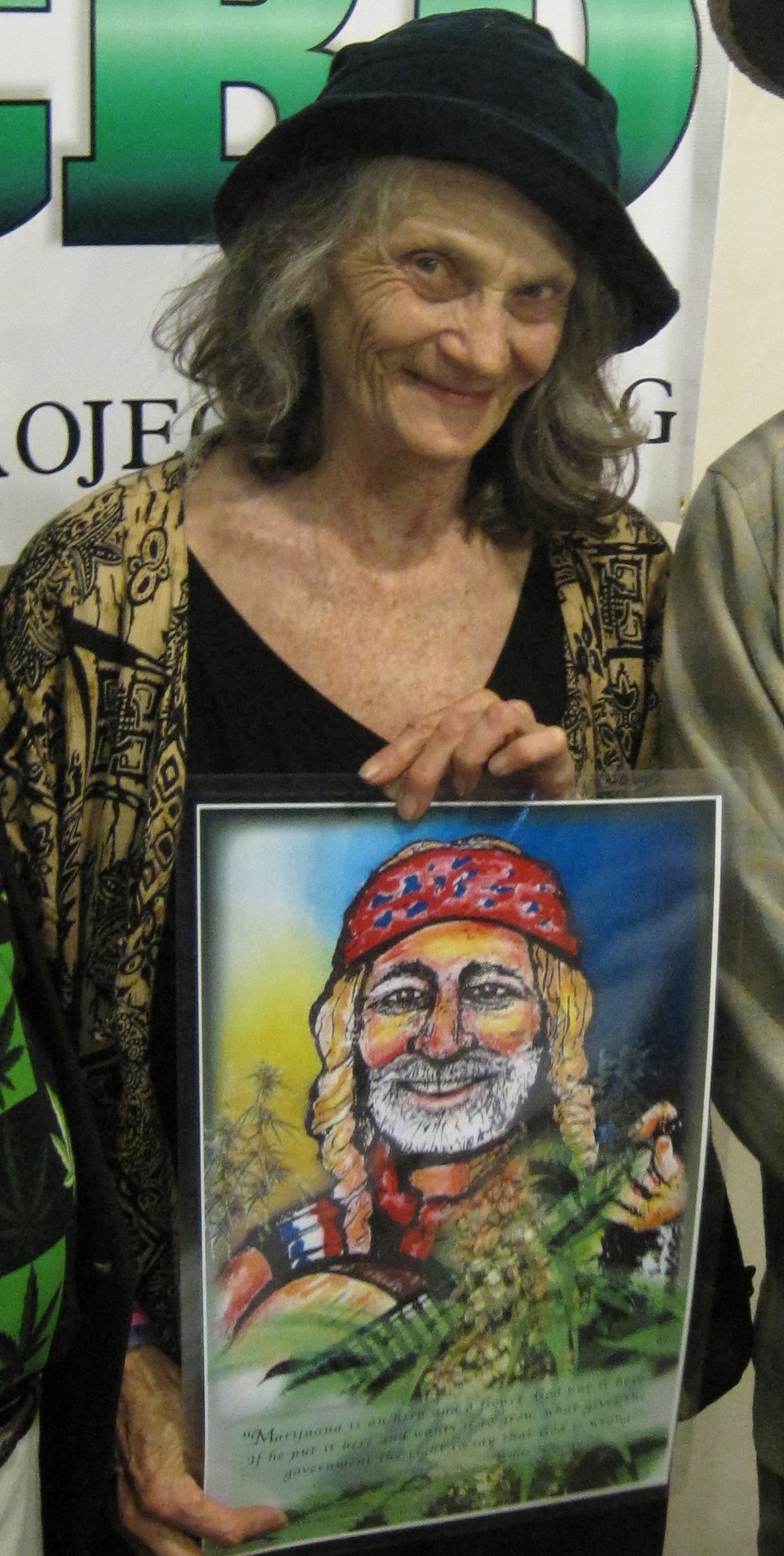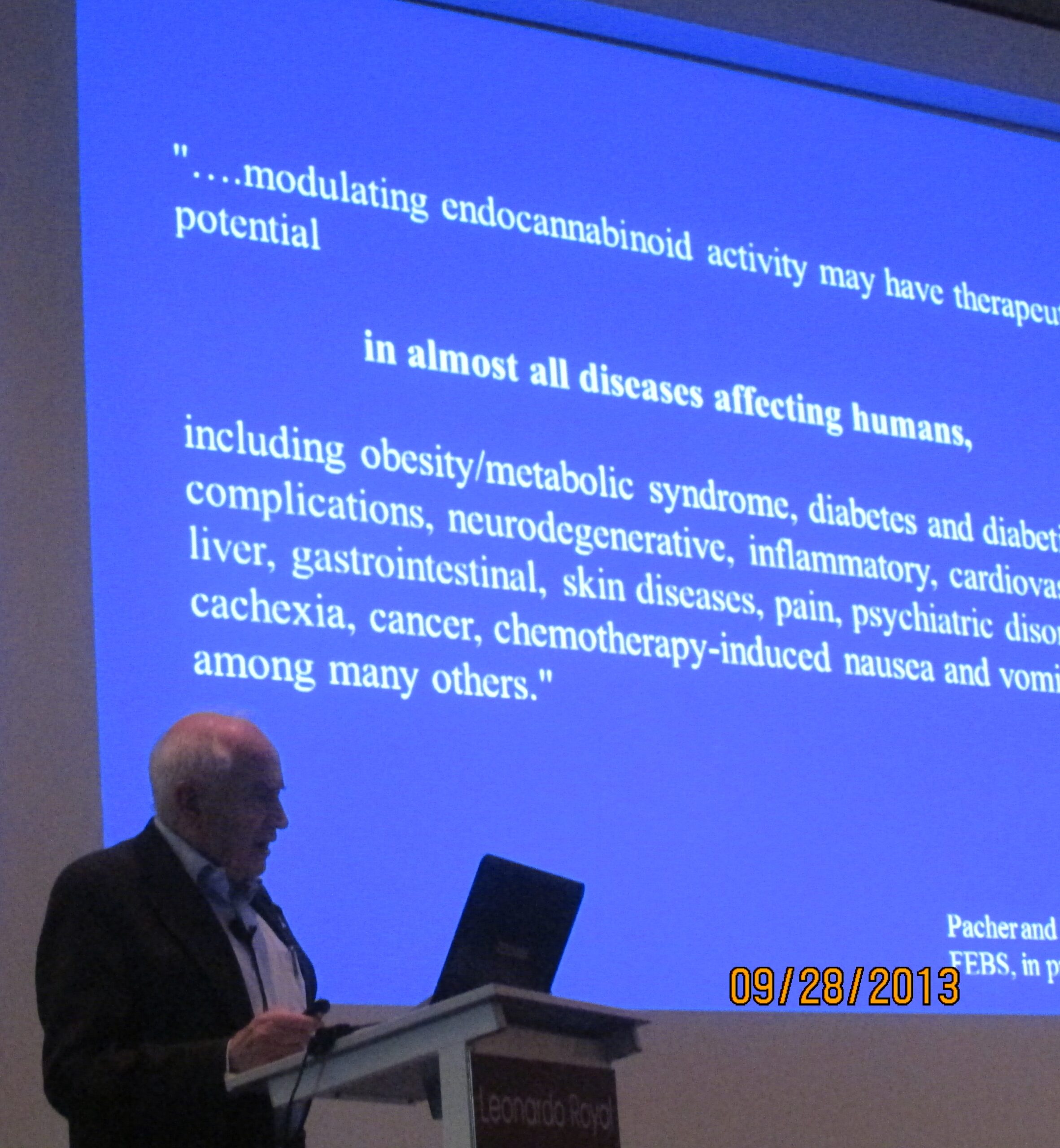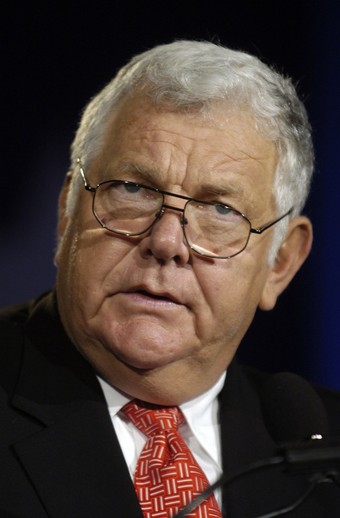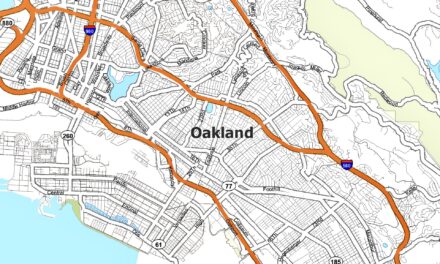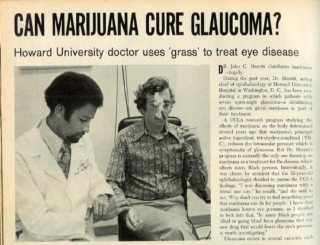Her life in outline:
Aside from agonizing migraine headaches that killed all life within me, my childhood was not exceptional. Catcher on the baseball team, swimming, standing broad jump, horseback riding and helping my younger sister develop her artistry, it wasn’t until high school when I met Peaches Littlejohn, one of four Black people at Central High, who became my best friend. that something meaningful came into my life. Peaches approached me for help concerning her D in chemistry. I told her I had no such clout but that I could be her friend. We began by her climbing into the trunk of my 1950 Mercury Sedan to get into the segregated drive in theater and when the coast was clear, she joined me in the front seat as equals. I went on to help the NAACP integrate Tulsa OK lunchrooms in 1960 at 19.I attended the University of Wisconsin, known as a liberal college but was expelled for violating rules about staying out at night and missing an appointment with the Dean, only to later be kicked out of the Memphis Cotton Carnival for raising a fuss about their whites-only discrimination. I went to Oklahoma University and started the OU Committee to End the War in VietNam by organizing a march on campus with 100 people led by a local minister and his wife. As a member of Students for a Democratic Society, I invited Paul Boutelle Vice Presidential Candidate for the Socialist Workers Party which caused a sensation and got the Human Rights Commissioner fired as co-sponsor of the event. Shortly after that, the Minutemen threw a bomb in my house which only singed the wall but didn’t explode.With one reference I left for New York City to start clean. I got clerk jobs at Sam Goody’s Record Shop and Juilliard School of Music and waitressing on the side, I explored left wing politics and became a socialist revolutionary, having joined SWP, despite disagreements. I was expelled based on violating their anti-weed/psychedelics policy and became an independent activist.I then moved to the Boston/Cambridge area where I drove a taxi to get by and raised funds for the anti-war movement by selling the Militant newspaper in Harvard Square during the revolutionary period in France when the Militant provided needed information. Being bisexual, I also linked up with Lesbian Tide for a short time.By then, I moved to Venice California as an independent activist. Thinking creatively to get by, I placed a classified ad in the LA Free Press: ‘Woman who loves being eaten seeking generous person who loves eating out.’ This involved no fucking and attracted a unique type of person who put the woman’s needs first which allowed for sexual experimentation with a minimum of hassle. At a time that was showing most women’s orgasms to stem from the clitoris, men in general had no clue of it. It also coincided with the emergence of COYOTE /Call Off Your Old Tired Ethics, showing respect for women’s labor and control of her own body, introducing the idea of prostitute’s rights to the public.
By 1972, marijuana use was gaining momentum. I joined with 200 others to put the California Marijuana Initiative on the statewide ballot, winning 33% of the vote followed by a close vote in 1974. I moved to San Francisco where the initiative was centered and joined in with Brownie Mary, Dennis Peron, Dr. Tod Mikuriya and others promoting Cannabis Buyers’ Clubs as a lead up to Prop 215 the Compassionate Use Act which passed by 56% and has grown in popular support up to 90%. Sparked by the AIDS epidemic, Prop 215 turned a negative into a positive benefiting the greater good.My own case –10 busts in 10 years with prosecutions in 5 counties, also turned a negative into a positive based on appeal of my conviction, winning 2 things: transportation became an ‘implicit right’ of Prop 215 and the ‘Trippet standard’ introduced ‘reasonably related’ to one’s medical condition as the quantity standard replacing the 6 plants/8 oz numbers game that ‘the voters did not intend’. Winning on appeal benefited everybody, not just she who appealed. It is a lesson in the importance of losing for the greater good.I forgot to add that I was an organizer in the first national march against the VietNam War organized by Students for a Democratic Society –the best thing SDS ever did. Also during the 70s, after Harvey Milk and George Moscone were assassinated, I along with my partner Geb started a petitioners’ co-op to put initiatives on the local San Francisco ballot, which was relatively easy with only 13,000 signatures needed to earn the right to a vote (compared to a statewide vote which took half a million sigs). In 1967 we put several issues on the ballot and won them all: the Apartheid Consumers’ Boycott to boycott the ‘worst first’ of businesses doing business with South Africa, the AIDS Research Initiative and the Nuclear Free Zone that stopped the Battleship Missouri from being homeported in SF for the purpose of attacking Nicaragua (Mayor Diane Feinstein’s baby). We wrote the texts based on our instinct of how voters would vote and ran fledgling campaigns on a shoestring. We weren’t taken seriously, so the opposition failed to adequately oppose us, which helped us win the Nuclear Free Zone, which we worded: ‘Do you support financing a nuclear military installation in our midst?’ without mentioning the Battleship Missouri as our target. Most people supported home-porting the ship but didn’t want to fund it (our secret weapon).
Thanks to Laura Costa for acknowledging Trippet’s achievement and encouraging her to write this. Although she has been recognized for advancing the medical-marijuana cause, Pebbles, like Dennis Peron, Tod Mikuriya, and Mary Rathbun, was much more than a “single-issue” activist.

